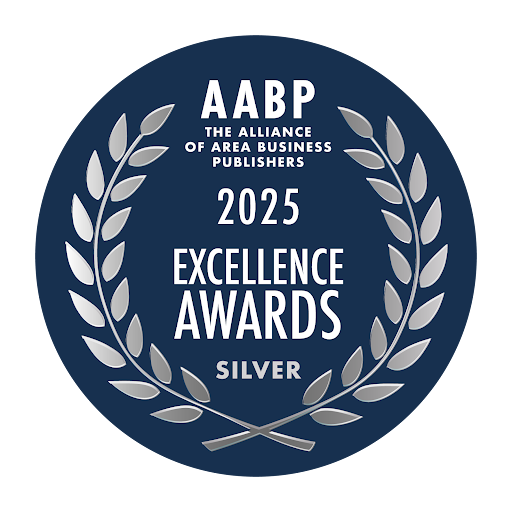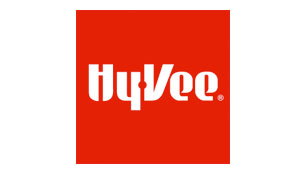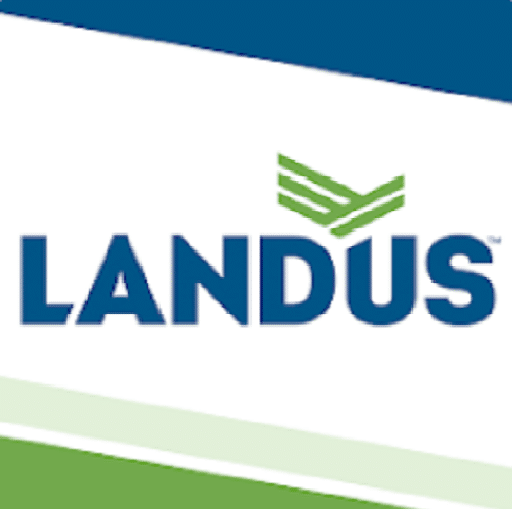DNR seeks comments on new air permit fees

PERRY BEEMAN Jul 2, 2015 | 3:40 pm
2 min read time
365 wordsAll Latest News, Energy, Government Policy and LawNew state legislation calls for a different set of fees for small and large industries that are the source of air pollution — a move lawmakers made to prevent a projected $6 million shortfall in the air-quality bureau’s budget by 2019.
Now, the state is collecting comments on possible new fee structures before the related rule-making unfolds in the fall.
The DNR’s ironic problem: The state’s businesses had done such a good job of controlling air pollution that the per-ton pollution fees weren’t enough to pay for the state’s work in reviewing permit applications and conducting inspections.
In the past, large facilities such as power plants and manufacturers have accounted for 11 percent of total emissions but paid 75 percent of the air bureau’s total program costs. As companies installed new pollution control equipment and adjusted operations, emissions dropped and fee payments fell 22 percent from 2010 to 2014.
While fees for larger operations are expected to stay the same initially, at $56 per ton, the new law envisions adding fees for smaller operations and for asbestos-removal projects.
Iowa spends less general tax money on air quality work intended to protect public health than many other states, leaving the businesses and their customers to pay most of the cost. Aid from the state general fund fell 45 percent between 2005 and 2014.
Only 287 entities pay the large emitters fee, known as Title V, for the section of the federal Clean Air Act involved. Smaller sources of pollution have paid no construction permit fees for the 250 projects a year handled by three inspectors.
Earlier this year, the DNR projected its air budget would rise to about $14 million from just under $13 million with the changes.
The DNR collected comments from 70 affected businesses that met in June, but is holding three additional public comment sessions at the air quality office, 7900 Hickman Road in Windsor Heights. The first two will be at 9:30 a.m. on July 7 and July 8, with the last at 1 p.m. July 8.
Public hearings are expected in October during rule-making.
Read our March story about the budget debate on BusinessRecord.com.










